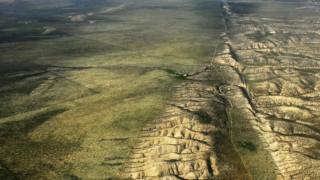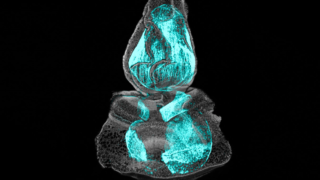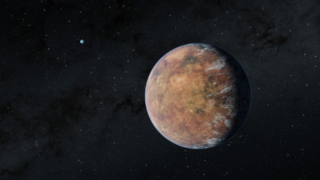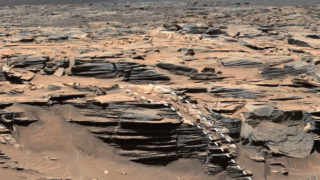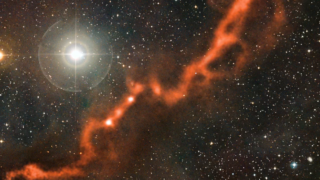
MI weekly selection #502
Analysis of cell villages yields insight into Zika infections Studying cell villages, or samples from different donors in a shared environment, is an effective method “to identify genes and genetic variants that change a cell’s phenotype.” Scientists used the method along with the Dropulation and Census-seq algorithms to assess genetic variation in cell villages and […]
